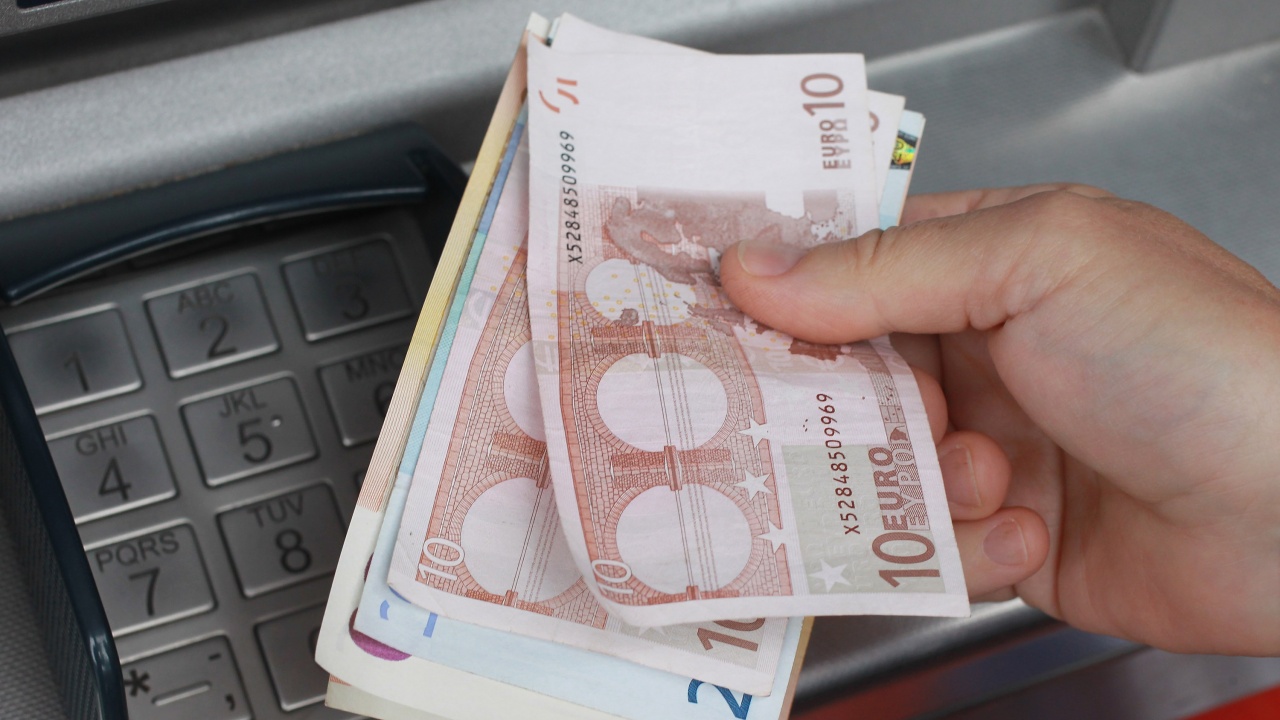Almost a week after Croatia's entry into the eurozone, a study by the European Commission found that the introduction of the euro has progressed well in its initial phase. The exchange of the kuna with the euro took place on January 1, 2023 and marked an important moment in the history of Croatia, the euro area and the entire EU. This was announced by the EC representation in Sofia.
A large share (51%) of cash payments in shops were already made in euros as early as January 5.
The majority of transactions (93%) resulted in users receiving change in euros only.
35% of Croatian citizens surveyed stated that they now carry only euro banknotes and 36% stated that they only carry euro coins.
The withdrawal from circulation of kuna banknotes and coins began in December 2022. By 31 December, 55% of euro banknotes and one third of kuna coins had already been withdrawn from circulation.
The retail sector in Croatia copes well with the currency exchange process and the parallel processing of two currencies.
No major queuing or checkout issues have been reported.
ATM conversion has also gone smoothly, with 70% of all machines already dispensing euro banknotes from the first hour on 1 January 2023. The number and amounts of withdrawals have maintained levels comparable to those before the changeover to the euro.
Croatia reported nearly 2,000 violations of the euro introduction law
In order to protect consumers and address concerns about undue price increases during the euro changeover period, the Croatian authorities are taking active measures in accordance with the rules for the introduction of the euro (the "Euro Law").
Dual pricing in kuna and euro became mandatory on 5 September 2022 and will apply until 31 December 2023. A Business Code of Conduct was introduced to ensure price stability for goods and services, helping businesses correctly recalculate and display prices, without undue increase.
A national control body is charged with the task of monitoring and controlling prices, and can take appropriate measures in case of violations.
The Commission will continue to monitor Croatia's transition to the euro.
It will also continue to measure the experience of Croatian citizens with the changeover to the euro through a number of additional opinion polls in the coming weeks.
Croatia
euro
